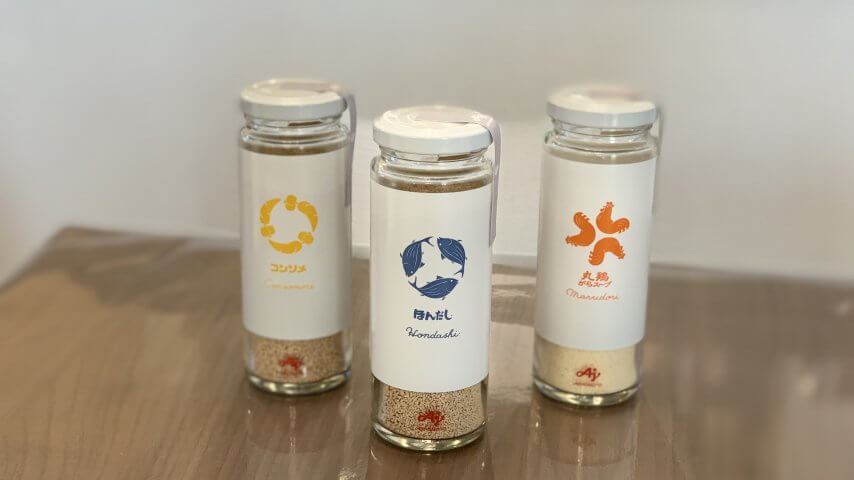You might recall long ago hearing the telltale clinking of glass bottles early each morning as the milkman delivered fresh milk to your doorstep and took away the empties to be sterilized and reused. Recently, this obsolete practice has reemerged in a new form—not with milk this time but dozens of other products whose single-use plastic containers we’ve been discarding every day. The vast majority of these cannot be recycled—or for various reasons are not—ending up in landfills or clogging the earth’s rivers and oceans.
Loop: the new venture making environmental impact
The new venture aimed at tackling this problem is called Loop. Launched on a limited worldwide basis in 2019, Loop is the brainchild of pioneering US-based recycling business TerraCycle. Similar to the online delivery services many of us have turned to during the global pandemic, Loop has an environmentally friendly twist: everything from the padded delivery boxes to the product packaging is 100% reusable. In addition to programs in the US, France, and the UK, a Loop pilot project targeting 5,000 consumers was conducted in Japan starting in 2021 with approval and funding from the Tokyo Metropolitan Government.
Through the Loop platform, leading global food brands have been offering consumers some of their most popular products in specially designed reusable product containers made of glass, stainless steel, or heavy-duty plastic. Loop handles online orders, payment and delivery, plus the collection and sterilization of used containers, which it returns to suppliers to be refilled and sent out to consumers again, closing the waste-free loop. Users pay a small deposit on each item which gets refunded directly to their accounts once the container is returned. This ensures a high level of compliance, so the virtuous cycle remains unbroken.
Plastic Waste Reduction Initiatives by the Ajinomoto Group
Ajinomoto Co., Inc. was among the global brands that partnered with Loop on the recently concluded Tokyo pilot project by offering a selection of its most popular seasoning products, all attractively packaged in glass containers. Even the labels and lid seals were designed to be recycled after each use, reducing waste to virtually zero. In addition to reducing waste, the containers offered added value on multiple levels. They featured higher-quality design, were easier and more convenient to use, and contributed to food loss by keeping contents fresher longer, according to Shohei Takeuchi of Ajinomoto’s Consumer Data Analysis & Business Creation Department.
This collaboration with Loop served to underscore the Ajinomoto Group’s commitment to realizing a circular economy through its ambitious goal of achieving zero plastic waste by fiscal 2030. A variety of other efforts to reduce plastic by incorporating single-layer materials, biodegradable plastics, and plant-derived materials are currently underway among Group companies worldwide.

